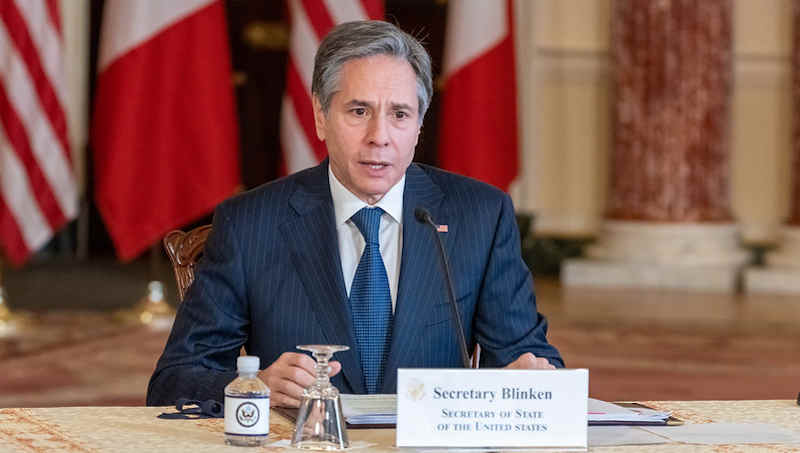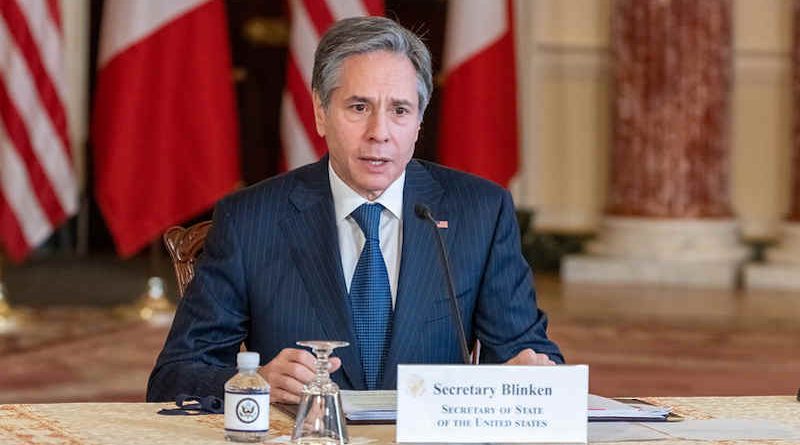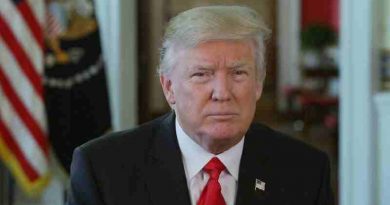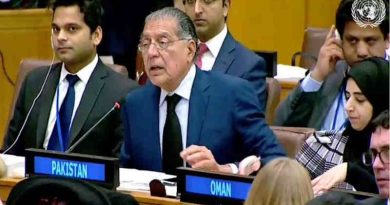U.S. Report Records Extreme Corruption and Human Rights Violations in India

U.S. Report Records Extreme Corruption and Human Rights Violations in India
The report reveals that the Indian government took minimal credible steps or action to identify and punish officials who may have committed human rights abuses.
The U.S. Department of State in its annual country report released on April 22, 2024 has revealed extreme corruption and human rights violations in India.
Excerpts from the report on India are given below.
The outbreak of ethnic conflict between the Kuki and Meitei ethnic groups during the year in India’s northeastern state of Manipur resulted in significant human rights abuses.
Significant human rights issues in India included credible reports of: arbitrary or unlawful killings, including extrajudicial killings; enforced disappearances; torture or cruel, inhuman, or degrading treatment or punishment by the government; harsh and life-threatening prison conditions; arbitrary arrest or detention; political prisoners or detainees; transnational repression against individuals in another country; and arbitrary or unlawful interference with privacy.
The report includes serious restrictions on freedom of expression and media freedom, including violence or threats of violence against journalists, unjustified arrests or prosecutions of journalists, censorship, and enforcement of or threat to enforce criminal libel laws to limit expression; serious restrictions on internet freedom; substantial interference with the freedom of peaceful assembly and freedom of association.
[ Also Read: Dishonest U.S. Leaders Ignore Corruption and Human Rights Abuses in India ]
The report reveals that the Indian government took minimal credible steps or action to identify and punish officials who may have committed human rights abuses.
On March 24, the UN’s Working Group on Enforced or Involuntary Disappearance and UN special rapporteurs on the situation of human rights defenders expressed concern regarding the government’s treatment of Kashmiri human rights defenders and called for the closing of investigations against them and for their release.
The law did not permit authorities to admit coerced confessions into evidence, but the United Nations and nongovernmental organizations (NGOs), including Amnesty International and Human Rights Watch, reported authorities used torture to coerce confessions.
On September 18, Canadian Prime Minister Justin Trudeau announced his government was investigating allegations of a link between Indian government agents and the killing of a Sikh Canadian citizen, Hardeep Singh Nijjar, whom the Indian government alleged and designated as a terrorist, and who advocated for the creation of an independent Sikh state called Khalistan. The Indian government denied any involvement.
Civil society organizations, members of diaspora populations, and journalists working outside the country and advocating for human rights reported experiencing threats, harassment, arbitrary surveillance, and coercion, including online, that they attributed to the government or individuals alleged to be connected to the government.
There were numerous reports the government evicted persons from their places of residence, seized their property, or bulldozed homes and shops without due process or adequate restitution, citing illegalities in municipal rules and regulations. Human rights activists reported some state governments targeted vocal critics from the Muslim community, especially after incidents of protests or communal violence, by using bulldozers to destroy their homes and livelihoods under municipal pretenses.
In March, press reported the government was allegedly seeking to acquire and spend up to $120 million on new spyware contracts to replace its alleged contract with the NSO Group. The government did not acknowledge being a customer of the NSO Group, but human rights activists reported the government utilized spyware tools against opposition politicians, journalists, and other individuals of interest.
On February 14, the Income Tax Department conducted a 60-hour search of the BBC’s Delhi and Mumbai offices. The search came shortly after the January release of a BBC documentary that alleged Prime Minister Modi played a role as then Chief Minister of Gujarat during the 2002 riots in the state in which more than 2,000 died, mainly Muslims.
There were reports from journalists and NGOs that government officials at local and national levels intimidated media outlets through physical harassment and attacks, pressuring owners, targeting sponsors, encouraging frivolous lawsuits, blocking communication services in some areas, such as mobile telephones and the internet, and constraining freedom of movement.
Libel and slander were criminal offenses. The government used laws to restrict public discussion and retaliate against journalists, members of marginalized groups, and political opponents.
In some cases, government authorities cited laws protecting national interest to justify media content restrictions. More than 150 websites and YouTube-based news channels were taken down by the Ministry of Information and Broadcasting since 2021 for producing “anti-India” content.
According to the report, corruption was present at multiple levels of government in India. NGOs reported the payment of bribes to expedite services, such as police protection, school admission, water supply, and government assistance. Civil society organizations drew public attention to corruption throughout the year, including through demonstrations and websites that featured stories of corruption.
You can click here to read the full report on India.
Note: The Indian government of prime minister (PM) Narendra Modi arrogantly rejects all the truthful global reports that reveal the government failure or the autocracy of the Modi regime. Without offering any logical reasoning, the Modi government randomly claims that it is a global conspiracy to discredit Modi and his government.
The lawless Modi regime also gets off scot-free by claiming that it is an internal matter of India where the foreign powers cannot interfere. But when frequent state crimes and human rights violations are happening under the Modi regime, the world leaders have a definite role to protect people who are being persecuted and tortured.





